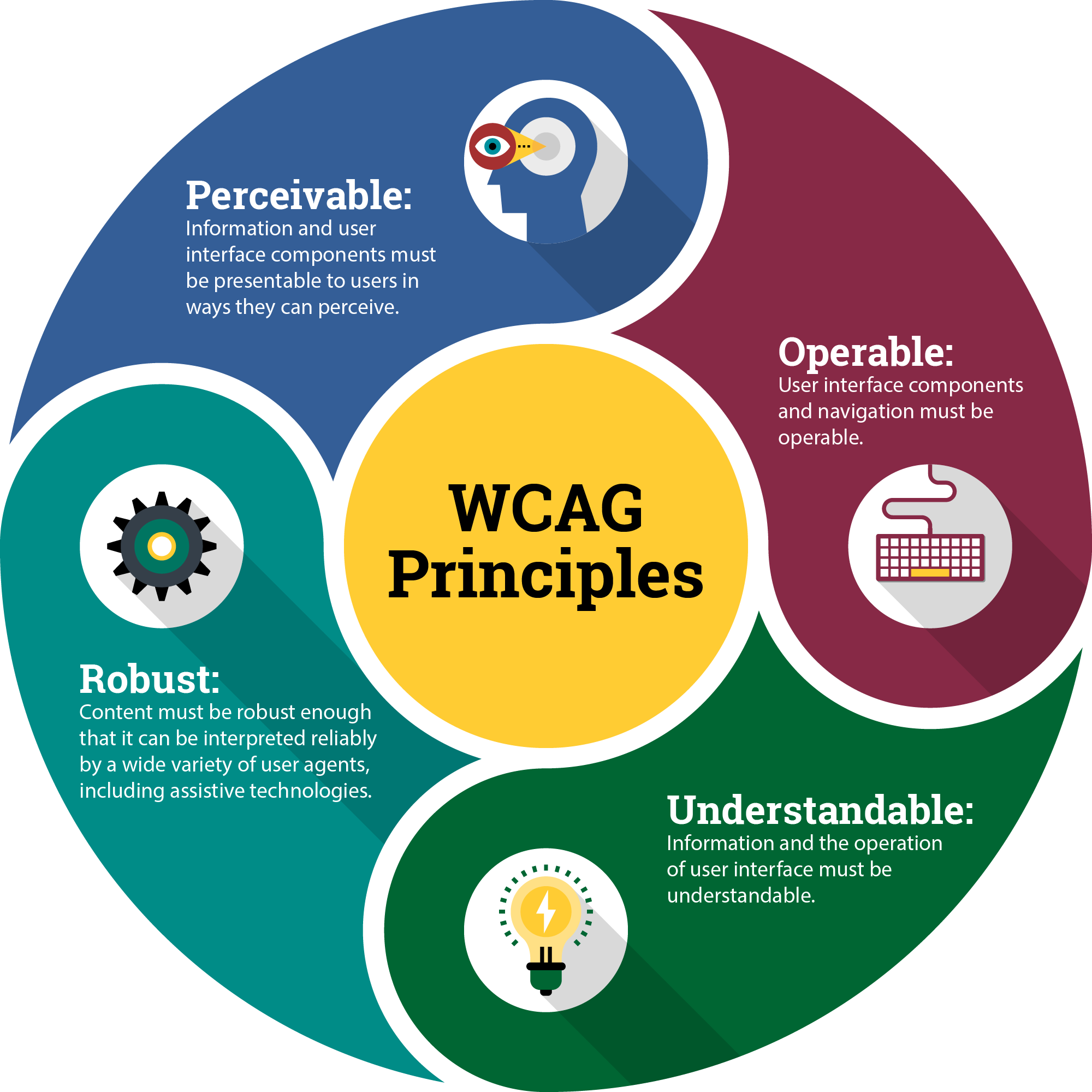About the ADA Title II Updates
ADA Title II now requires all state and local government entities, including George Mason, to ensure their websites and mobile apps meet the Web Content Accessibility Guidelines (WCAG) 2.1 AA opens a new window by April 24, 2026. WCAG is a set of guidelines developed by the World Wide Web Consortium (W3C) through the Web Accessibility Initiative (WAI). It provides a set of recommendations and standards to make web content more accessible to people with disabilities, including those with visual, auditory, physical, speech, cognitive, language, learning, and neurological impairments.
ADA Title II explicitly adopts these guidelines and outlines the scope of compliance for public entities, including websites, digital platforms, documents, audio/video content, and third-party applications. To ensure Mason meets these standards by the above-mentioned deadline, the Assistive Technology Initiative (ATI) has developed the Digital Content Accessibility Action Plan (DCAAP).

